How to Use WhatsApp Marketing to Grow Your Business (2025 Guide)
In the age of instant communication, WhatsApp Marketing has emerged as one of the most powerful tools for businesses to engage directly with their audience. With over 2.8 billion users globally and a massive active user base in India, WhatsApp is no longer just a messaging app—it’s a full-fledged marketing platform.
Whether you’re a small business, startup, or large enterprise, leveraging WhatsApp for business can help you build trust, drive conversions, and create long-term customer relationships. In this blog, we’ll explore how to use WhatsApp marketing effectively and strategically for business growth in 2025.
What Is WhatsApp Marketing?
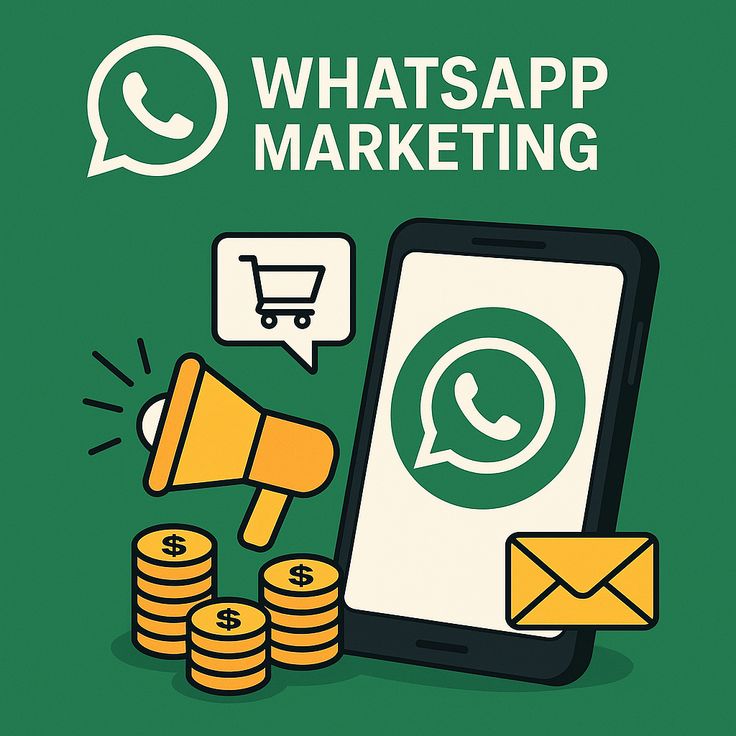
WhatsApp Marketing involves using WhatsApp Business tools to send personalized, real-time messages to customers and prospects. This includes promotional messages, offers, updates, support, and even automated sales conversations through chatbots.
With features like broadcast lists, product catalogs, quick replies, and automated greetings, WhatsApp has transformed into a complete customer engagement platform.
Benefits of WhatsApp Marketing for Businesses
- Direct & Personal Communication: Reach your customers on a platform they use daily.
- High Open Rates: WhatsApp messages have 98% open rates compared to emails or SMS.
- Faster Customer Support: Real-time chat enables quick query resolution and trust-building.
- Automation & Scalability: Use chatbots and API integrations to automate and scale conversations.
- Multimedia Sharing: Share images, PDFs, videos, product demos, and location with ease.
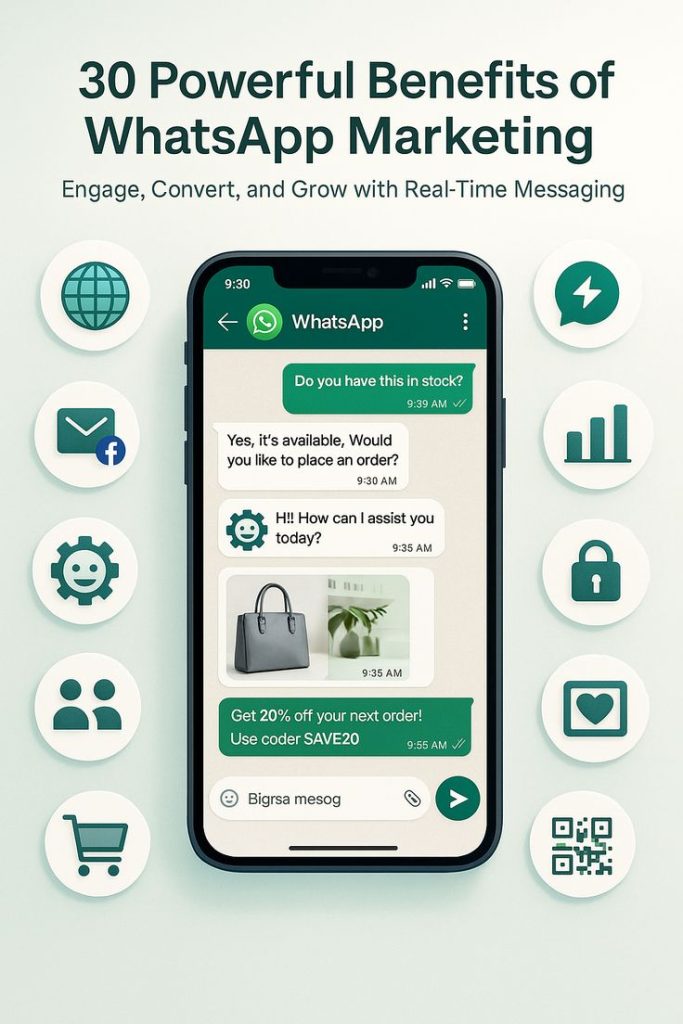
How to Set Up WhatsApp Marketing for Your Business
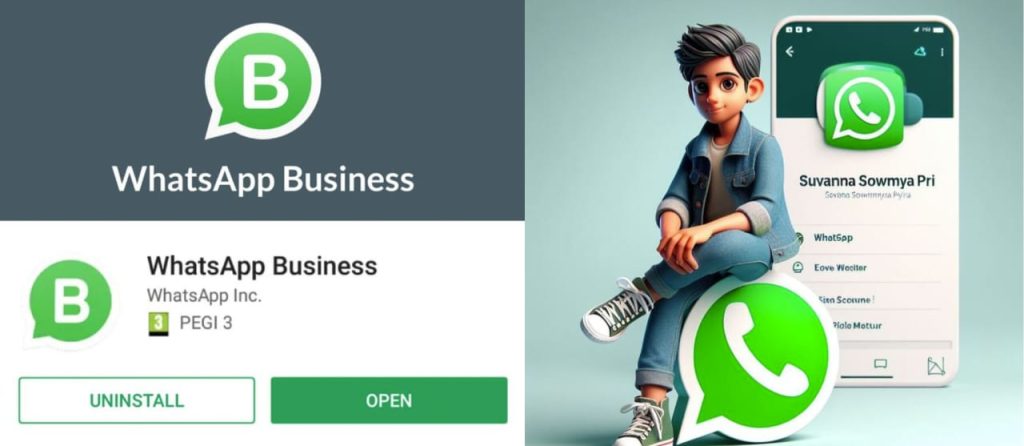
1. Download WhatsApp Business App
Start by downloading the WhatsApp Business App (available for Android & iOS). This app is free and comes with business-specific features like:
Business profile with description, logo, location, working hours
Auto-replies and quick replies
Product/service catalog
Labels to organize chats (e.g., New Lead, Paid, Repeat Customer)
2. Set Up a Professional Business Profile
Your profile is the first impression. Add:
Your business name
Logo or brand image
A clear, keyword-rich description
Business email, website, and location
This builds credibility and shows you’re a legitimate brand.
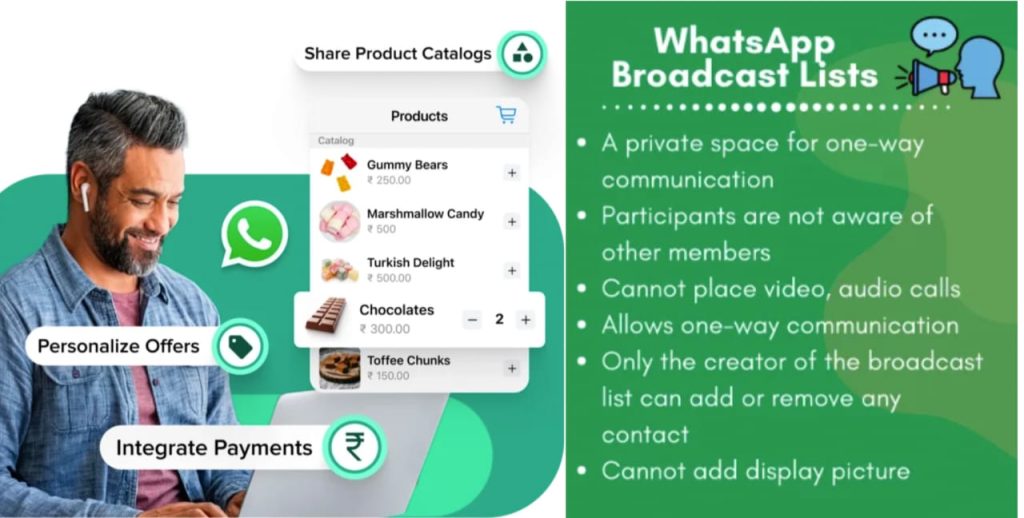
3. Create a Product/Service Catalog
Use the built-in catalog feature to showcase your products or services with images, pricing, and short descriptions. This works like a mini e-commerce store within WhatsApp—making it easy for customers to browse and place orders.

4. Use Broadcast Lists (Not Groups)
Many businesses make the mistake of creating groups. Instead, use Broadcast Lists to send one message to multiple people individually (without exposing contacts to each other). It’s perfect for:
Announcing offers
Sending reminders
Sharing new launches
Promoting webinars/events
Note: The recipient must have your number saved to receive broadcasts.
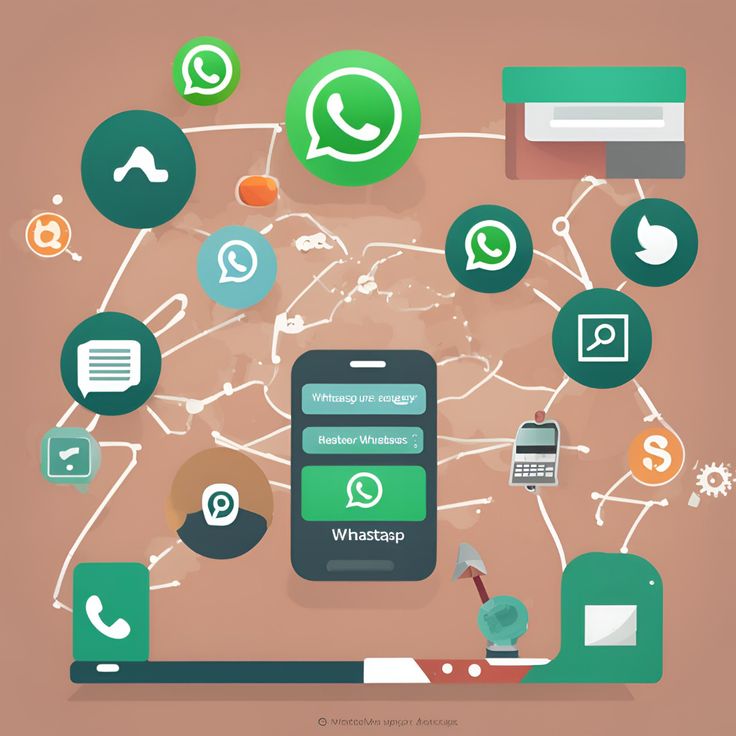
5. Integrate WhatsApp API for Advanced Marketing
For medium and large businesses, WhatsApp Business API allows deeper integration:
Send transactional messages (order confirmation, delivery alerts)
Automate conversations with AI-powered chatbots
Use CRM tools like Zoho, HubSpot, or Interakt
Run automated follow-ups, feedback forms, and abandoned cart messages
WhatsApp API is especially powerful for eCommerce, real estate, healthcare, education, and financial sectors.
Strategies to Grow Your Business Using WhatsApp
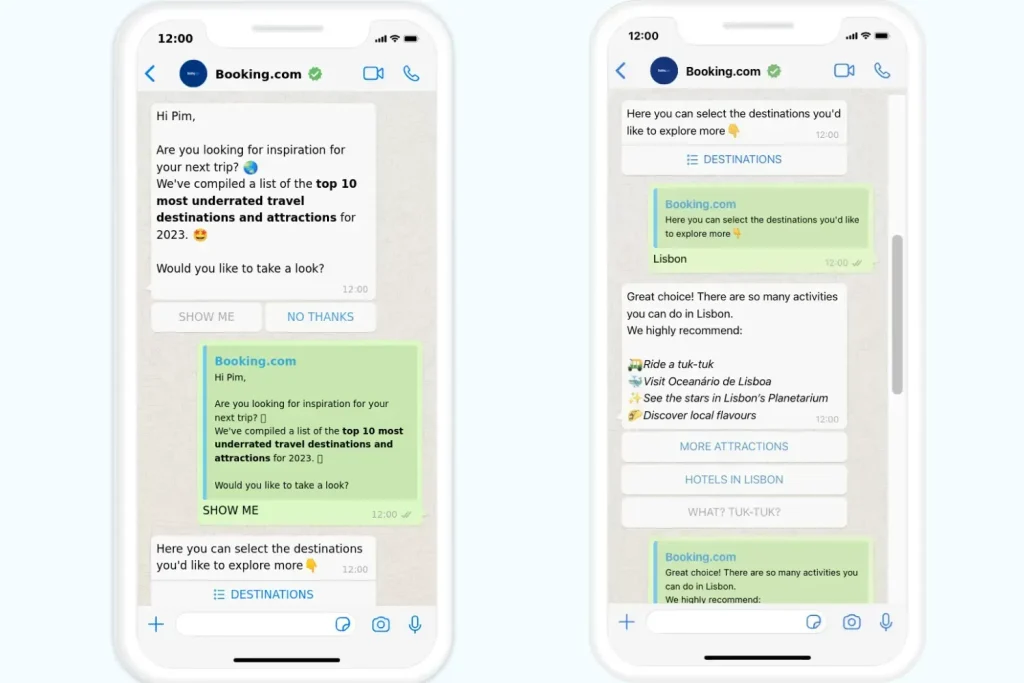
1. Build a Subscriber List (Opt-In First)
Use lead magnets (e.g., free guides, discount codes) on your website, social media, or ads to collect phone numbers with consent. Only message users who opt-in to avoid spam complaints.

2. Run Click-to-WhatsApp Ads
Run Meta (Facebook/Instagram) ads with Click-to-WhatsApp CTA. These ads drive users directly into your WhatsApp inbox—perfect for lead generation and high-converting sales funnels.
3. Use WhatsApp Buttons on Website & Social Media
Add “Chat on WhatsApp” buttons on your homepage, product pages, and Instagram/Facebook bios to start real-time conversations instantly.
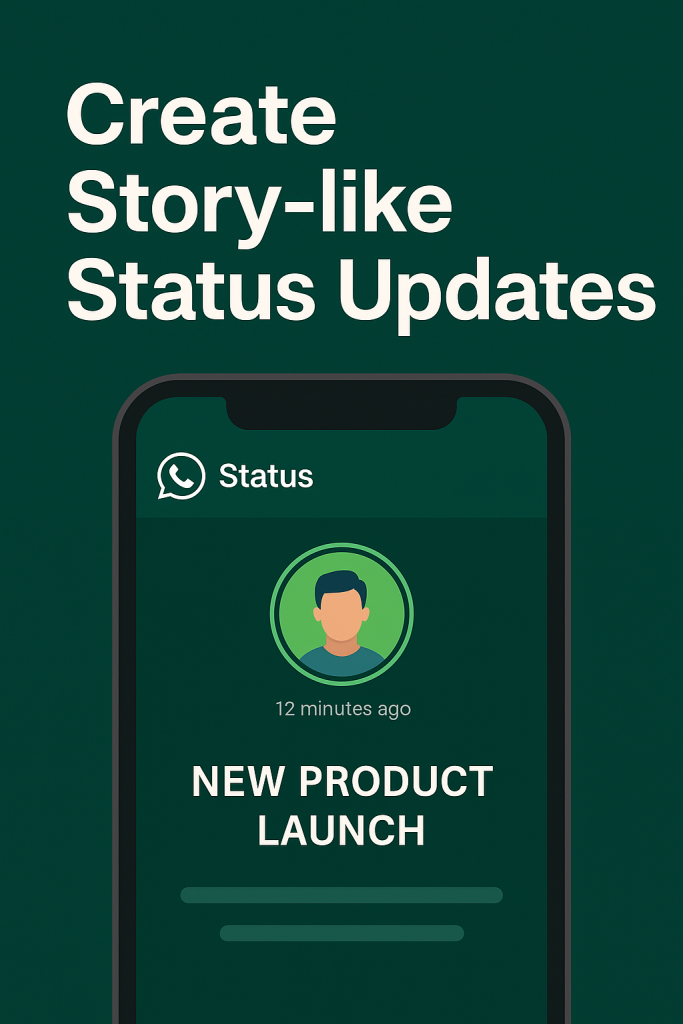
4. Create Story-like Status Updates
Use the WhatsApp Status feature to share limited-time offers, client testimonials, product previews, or behind-the-scenes content. Think of it like Instagram Stories—only more personal.
5. Follow-Up & Retarget
Use chat labels and CRMs to segment users. Send personalized follow-up messages, order reminders, or upsell suggestions based on customer behavior.
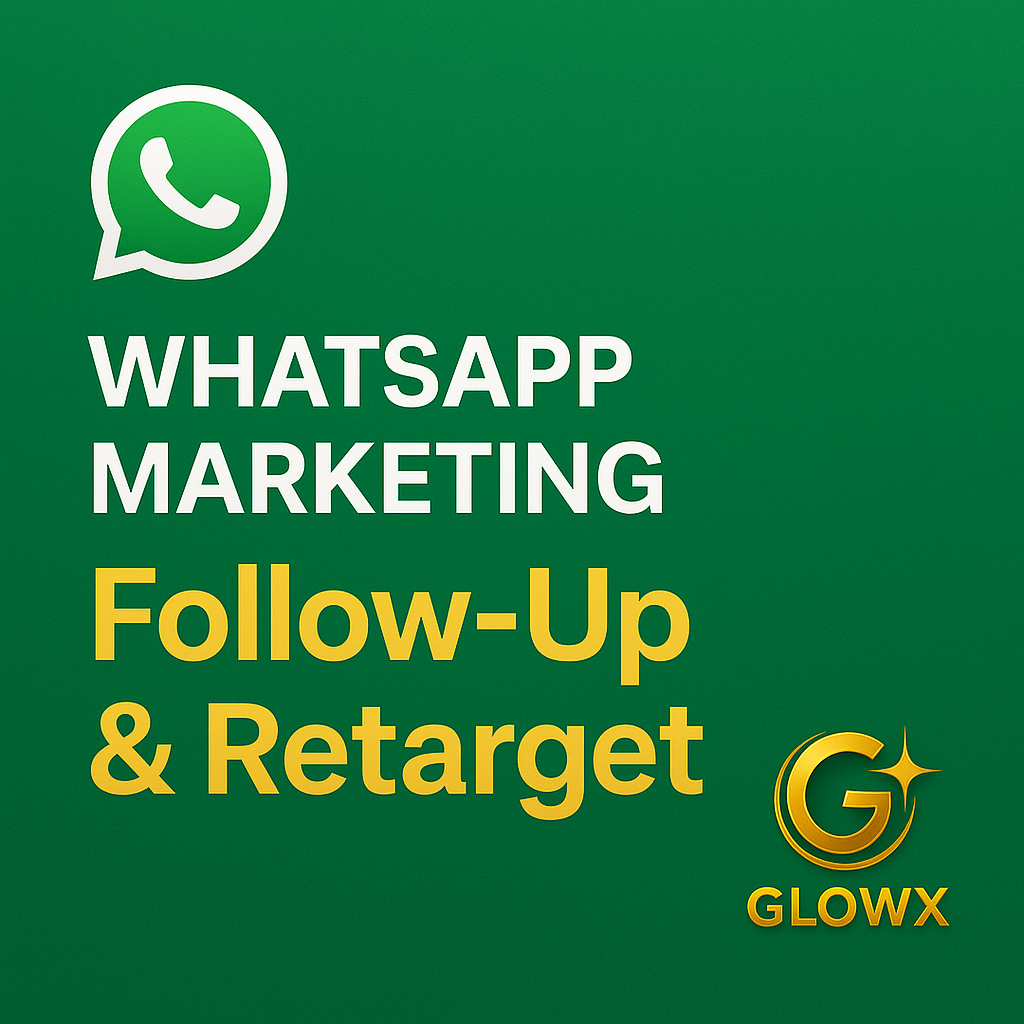
WhatsApp Marketing Best Practices
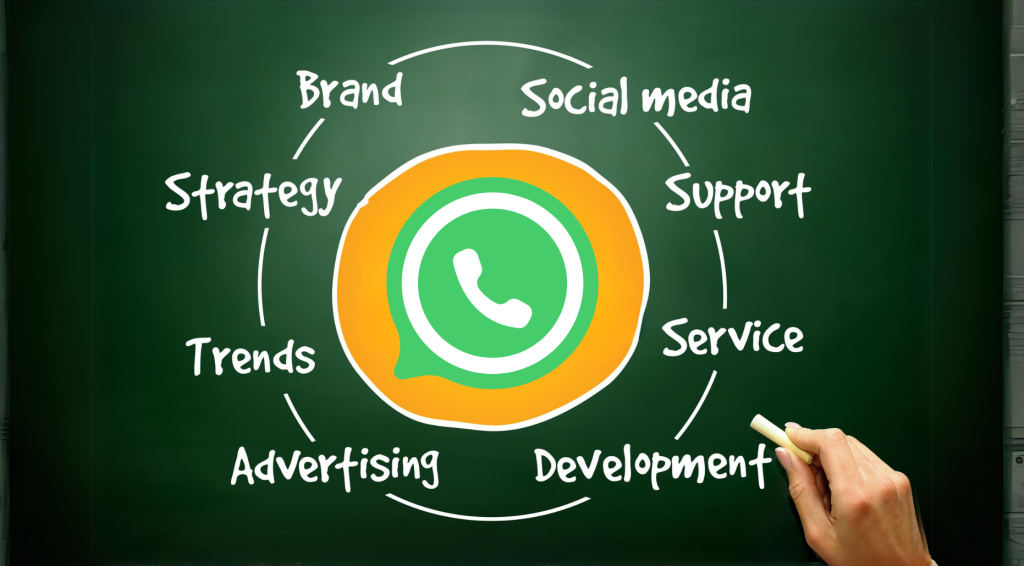
Always get opt-in consent from users before sending promotional messages.
Avoid spamming. Keep your messages valuable, timely, and relevant.
Use rich media (videos, images, links) to improve engagement.
Respect privacy—give users an easy way to opt out.
Monitor performance using UTM links and message analytics.
Final Thoughts
In 2025, WhatsApp is more than just a messaging app—it’s a full-scale marketing and customer service platform. With the right strategy, it can help your brand drive conversions, boost loyalty, and build personal connections that email and social media often can’t.
Whether you’re offering products, services, or consultations, WhatsApp gives you a direct line to your audience’s attention. It’s time to move beyond traditional marketing—and start building real-time, human-to-human connections with WhatsApp.
FAQs: WhatsApp Marketing for Business
Q1. Is WhatsApp Marketing legal in India?
Yes, but only when you have user consent. Sending unsolicited promotional messages can lead to your number being blocked.
Q2. Can I send bulk messages using WhatsApp?
Yes, but ethically. Use broadcast lists or verified API tools. Avoid spamming or using unofficial third-party software.
Q3. What’s the difference between WhatsApp Business and WhatsApp API?
The Business app is for small businesses (manual messaging), while the API is for automation and CRM integration, ideal for medium to large businesses.
